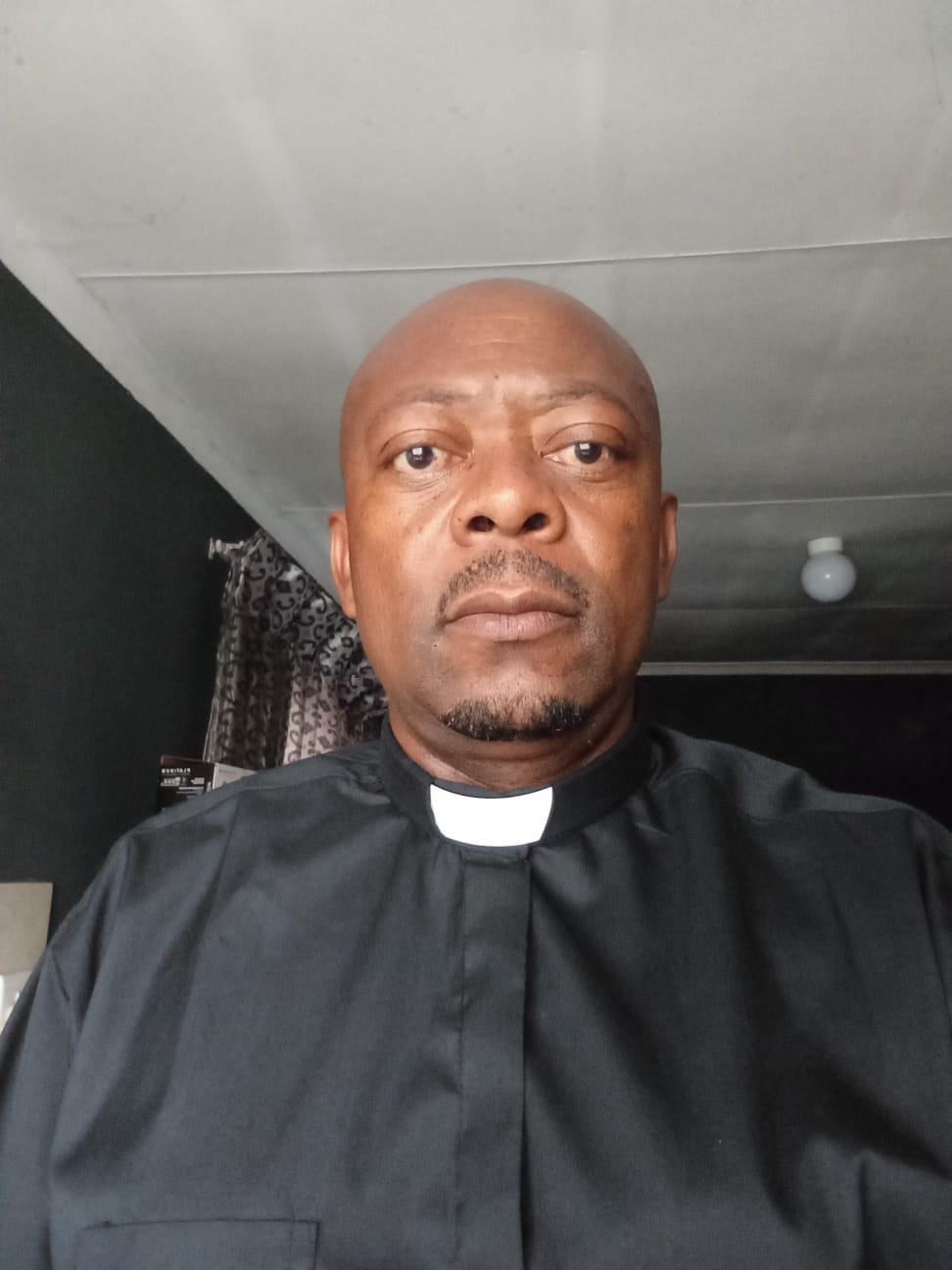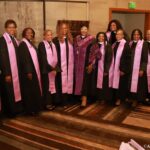Rev. Charles Matlobo, 20th Episcopal District
Introduction
The African Methodist Episcopal (AME) Church General Conference is a significant event convened every four years, serving as a foundation for spiritual, administrative, and organizational advancements within the global AME community. It is the basic glue holding the foreign Districts attached to the Connectional Church. The conference provides a forum for delegates from across the globe to assemble, deliberate on critical issues, pass resolutions, and elect leadership. However, the imposition of a travel ban by the United States may have profound consequences for African delegates intending to participate in the 2028 General Conference.
Barriers to Participation
A travel ban targeting specific nations that form “The Overseas Districts” in Africa has the potential to greatly restrict the ability of African representatives to attend the conference. Delegates from African AME communities play a crucial role in voicing their concerns, presenting their perspectives, and influencing decisions that shape the future direction of the church. The exclusion of these key voices as a result of travel constraints would undermine the AME Church’s dedication to inclusivity and global representation.
Visa Restrictions and Financial Burdens
One immediate consequence of a travel ban would be the denial of visas to African delegates. Even under standard circumstances, securing a United States visa entails a costly and time-intensive process. A travel ban would exacerbate these challenges, imposing additional financial strains on African church organizations, which may be compelled to seek alternative solutions or incur supplementary expenses to surmount these obstacles.
Disruption to Global Collaboration
The AME Church prides itself on its global presence, with a significant number of congregations located across Africa. The absence of African delegates at the 2028 conference would impede the exchange of ideas, cultural perspectives, and strategic initiatives that are essential for fostering unity and facilitating growth within the church. This lack of collaboration may result in decisions that fail to adequately address the needs and priorities of African congregations.
Implications for Church Governance
The exclusion of African delegates could have extensive ramifications for the governance and operational framework of the AME Church. Crucial votes concerning leadership, policy amendments, and other significant matters might proceed without equitable representation, fostering a sense of disenfranchisement among African congregations. Such an outcome could potentially erode trust and solidarity within the global AME community. This will amplify the call for African leadership and separation from the connectional church.
Missed Advocacy Opportunities
Additionally, the General Conference offers African delegates a vital platform for advocating on behalf of issues pertinent to their regions, including poverty alleviation, access to education, and improvements in healthcare. A travel ban would effectively silence these advocacy initiatives, depriving African communities of the indispensable support and attention they derive from the church’s global network.
Conclusion
The potential implementation of a United States travel ban poses significant challenges for African delegates intending to participate in the 2028 AME Church General Conference. From the erosion of representation to the disruption of global connection, the implications are wide-ranging and detrimental to the cohesion and effectiveness of the AME Church. It is incumbent upon church leadership, policymakers, and international organizations to address these challenges and ensure that all delegates, irrespective of their national origin, are afforded the opportunity to engage in this essential gathering of faith and fellowship.





